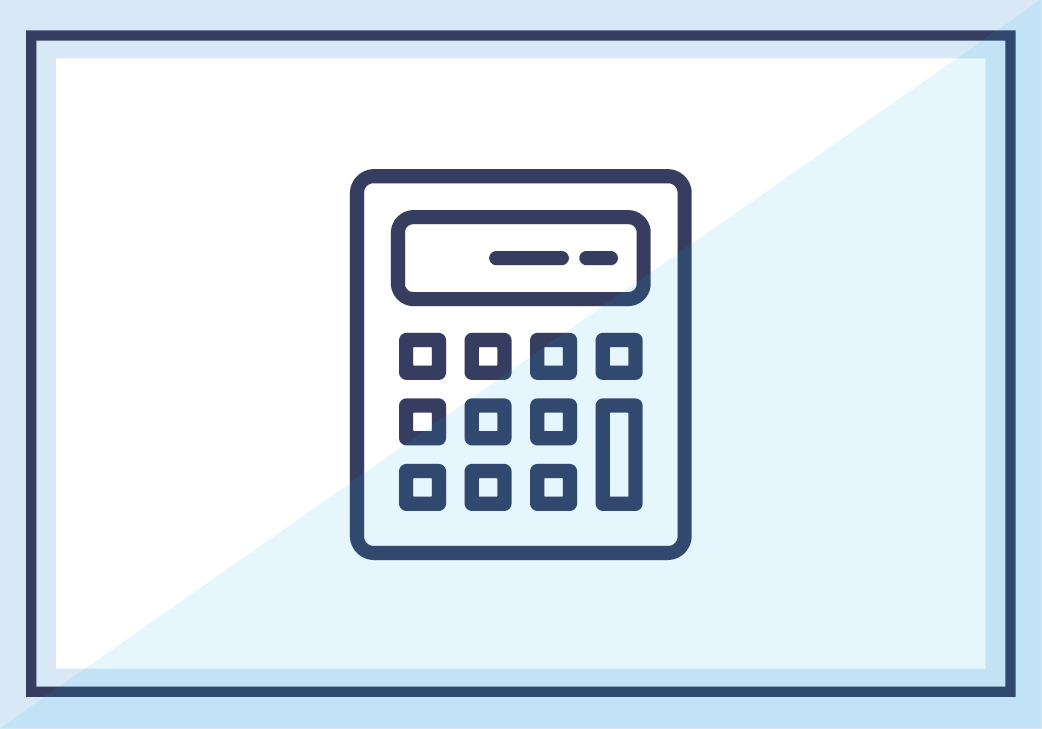
Train Management
It is important to keep accurate records of hours worked and wages paid. Supervisors and managers should be fully trained on recordkeeping requirements under the Fair Labor Standards Act (FLSA) and any other applicable wage and hour laws.

Educate Workers
Make sure employees are aware of the workplace rights and protections afforded them under the law. Place posters conspicuously in areas commonly visited by employees, such as break rooms, or where workers clock in or store their personal belongings. Share public resources such as the U.S. Department of Labor and Wage and Hour Division websites. Encourage workers to come forward when they have questions about their pay.

Build Trust
Establish an internal phone number or other mechanism that allows workers to report workplace violations anonymously. Let workers know that reporting violations will not lead to retaliation.

Be Mindful of Break Time
Bona fide meal periods (typically 30 minutes or more) generally need not be compensated as work time. However, the employee must be completely relieved from duty. The employee is not relieved if he/she is required to perform any duties, whether active or inactive, while eating. If breaks are too short, or if the employee is not sufficiently relieved of duty, that time must be paid as work time. Learn more about hours worked under the Fair Labor Standards Act.

Limit Deductions for Uniforms
The FLSA does not require that employees wear uniforms. However, if the wearing of a uniform is required by some other law, the nature of a business, or by an employer, the cost and maintenance of the uniform is considered a business expense of the employer. If the employer requires the employee to bear the cost, it may not reduce the employee's wage below the federal minimum wage. Nor may that cost cut into overtime compensation required by the Act. Learn more on deductions from wages.

Count All Hours Worked
Overtime must be paid after 40 hours of work in the workweek to all non-exempt employees whether they are paid an hourly rate, piece rate, salary, or by another method. Hours worked in more than one job site or position must be counted together for overtime purposes. Additionally, travel time between work sites must generally be treated as hours worked.

Understand Bonuses and Overtime
The amount of overtime pay due an employee is based on the employee’s regular rate of pay and the number of hours worked in a workweek. A bonus is a payment made in addition to the employee’s regular earnings. Under the FLSA, all compensation for hours worked, services rendered, or performance is included in the regular rate of pay. However, discretionary bonuses are excludable from the regular rate of pay. A bonus is discretionary only if certain statutory requirements are met. Otherwise, nondiscretionary bonuses shall be included in the regular rate of pay, unless they qualify as excludable under another statutory provision. Learn more about discretionary and non-discretionary bonuses.
